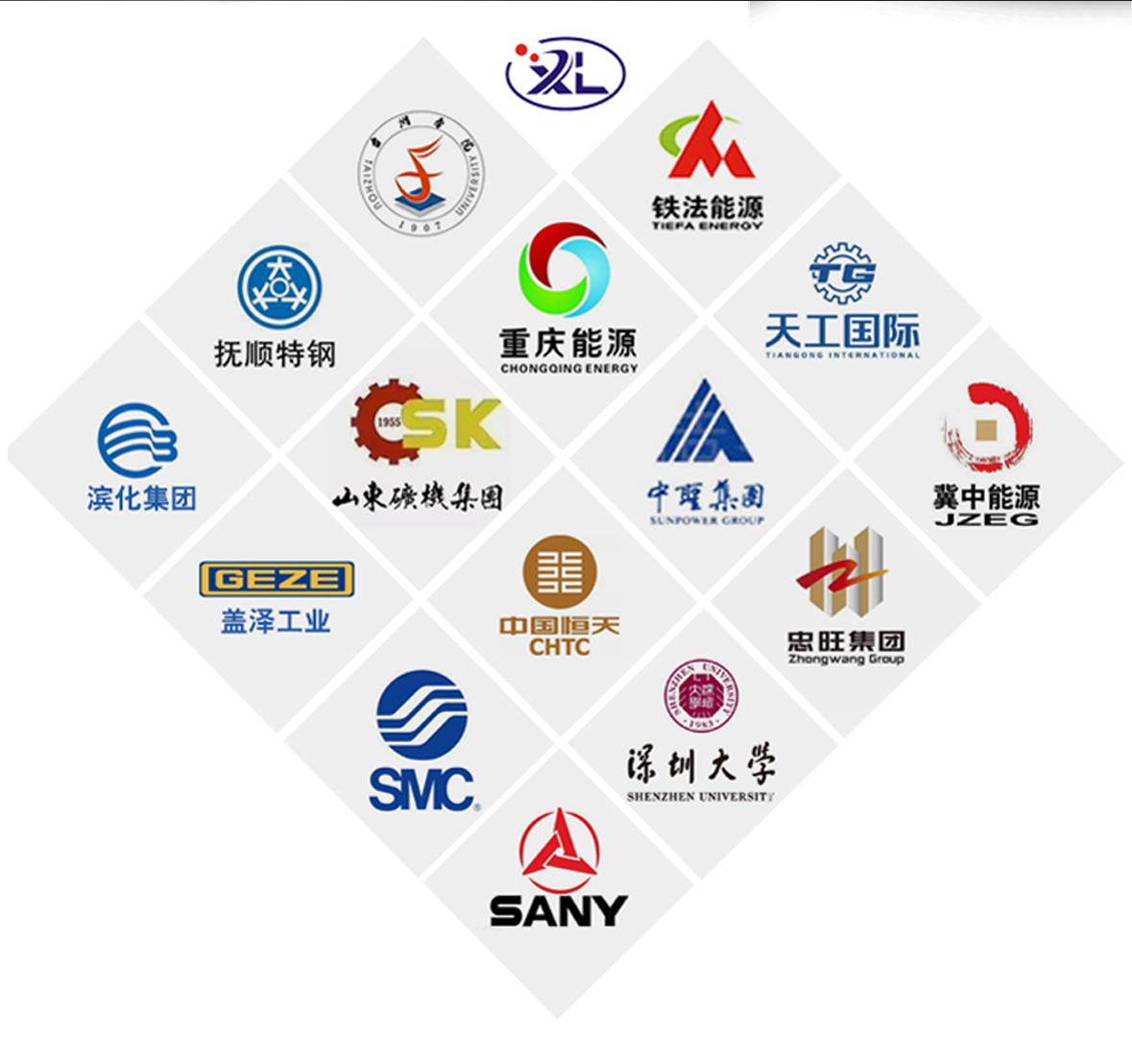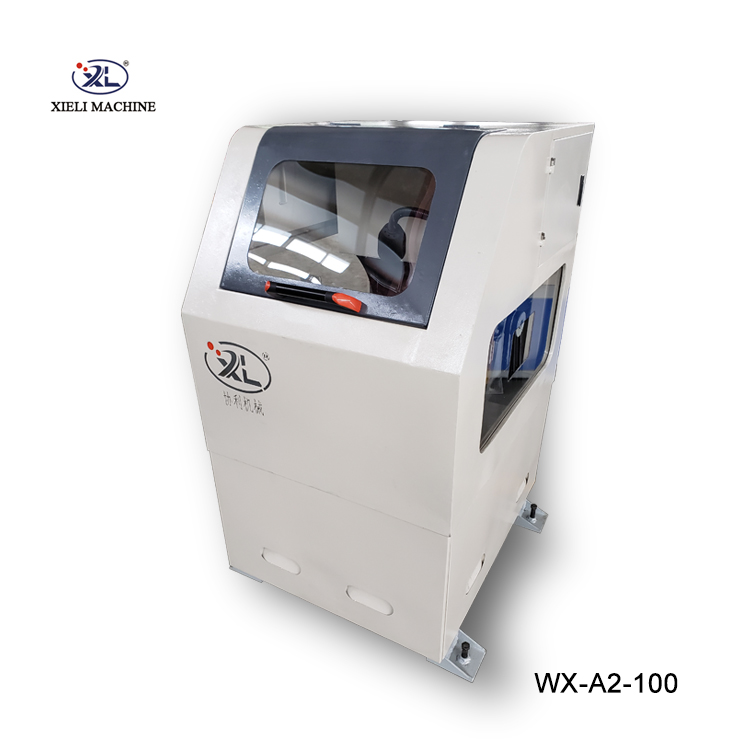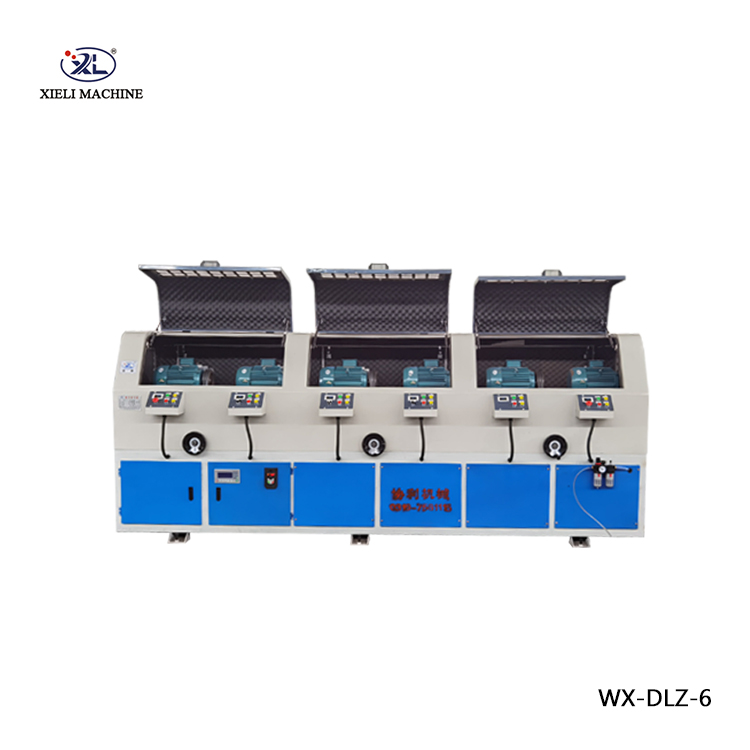Industrial Metal Polishing Equipment Enhancing Surface Quality and Durability
In today's manufacturing landscape, the importance of surface finishes cannot be overstated. Whether in aerospace, automotive, or even consumer products, the quality of a metal surface can greatly influence performance, aesthetics, and overall durability. This is where industrial metal polishing equipment comes into play, serving as a crucial element in the finishing process and ensuring that metal products meet industry standards and customer expectations.
What is Metal Polishing?
Metal polishing is a mechanical process that involves the smoothing of a metal surface through the removal of material. This can be achieved using various methods such as abrasive polishing, buffing, and grinding. The objective is to create a shiny, smooth surface while also reducing the potential for corrosion and oxidation. Polishing not only improves the appearance of the metal but also enhances its longevity by creating a protective layer.
The Importance of Industrial Metal Polishing Equipment
The demand for high-quality surfaces has led to the development of specialized metal polishing equipment designed for industrial applications. These machines are engineered to handle large volumes of metal parts while delivering consistent and precise finishes. This is vital for industries that require high standards of quality, such as the aerospace and medical sectors.
1. Quality Control High-quality polishing equipment can help maintain strict quality control measures. Automated systems can ensure uniformity across all pieces, reducing the chance of defects that may arise from manual polishing.
2. Efficiency and Productivity Industrial metal polishing equipment is designed for bulk processing. Using automated systems not only speeds up the polishing process but also minimizes labor costs. For businesses looking to increase throughput, investing in advanced polishing machines can yield significant returns.
3. Safety Modern polishing machines often incorporate advanced safety features to protect workers. This includes dust collection systems that minimize exposure to harmful particles and ergonomic designs to reduce the risk of strain injuries.
Types of Industrial Metal Polishing Equipment
Industrial metal polishing equipment can vary widely in functionality and design
. Here are some common types1. Belt Polishers These machines use abrasive belts to polish larger surfaces, ideal for flat and curved components. They are often adjustable to accommodate different sizes and shapes of metal parts.
industrial metal polishing equipment

2. Buffing Machines Utilizing buffing wheels, these machines are perfect for achieving high-gloss finishes on metals. They can be used on various materials including stainless steel, aluminum, and brass.
3. Vibratory Finishers These systems employ a combination of chemical and mechanical processes to polish metal parts in bulk. The vibratory action allows for a thorough finish on complex geometries and intricate designs.
4. Centrifugal Barrel Finishers Known for their efficiency, these machines rotate parts in a barrel filled with polishing media. They are particularly effective for achieving uniform finishes on small to medium-sized components.
Choosing the Right Equipment
When selecting industrial metal polishing equipment, there are several factors to consider
1. Material Compatibility Ensure that the chosen equipment is compatible with the types of metals you work with. Different materials may require specific abrasives or polishing techniques.
2. Production Volume Assess your production needs. High-volume operations may benefit from automated systems, while smaller shops can effectively manage with manual or semi-automated machines.
3. Finish Requirements Determine the level of finish your products require. Some applications may need an ultra-smooth surface, while others can tolerate a coarser finish.
4. Budget High-quality polishing equipment represents a significant investment. It is essential to balance the necessary quality and efficiency with your budget constraints.
Conclusion
Industrial metal polishing equipment plays a pivotal role in the manufacturing process, not just for aesthetic upgrades but also for enhancing the durability and functionality of metal products. As industries continue to evolve, the demand for sophisticated polishing technologies will likely grow, making it imperative for businesses to stay updated on the latest advancements in this field. By investing in the right equipment, businesses can improve their competitiveness and deliver products that meet the highest standards of quality.





